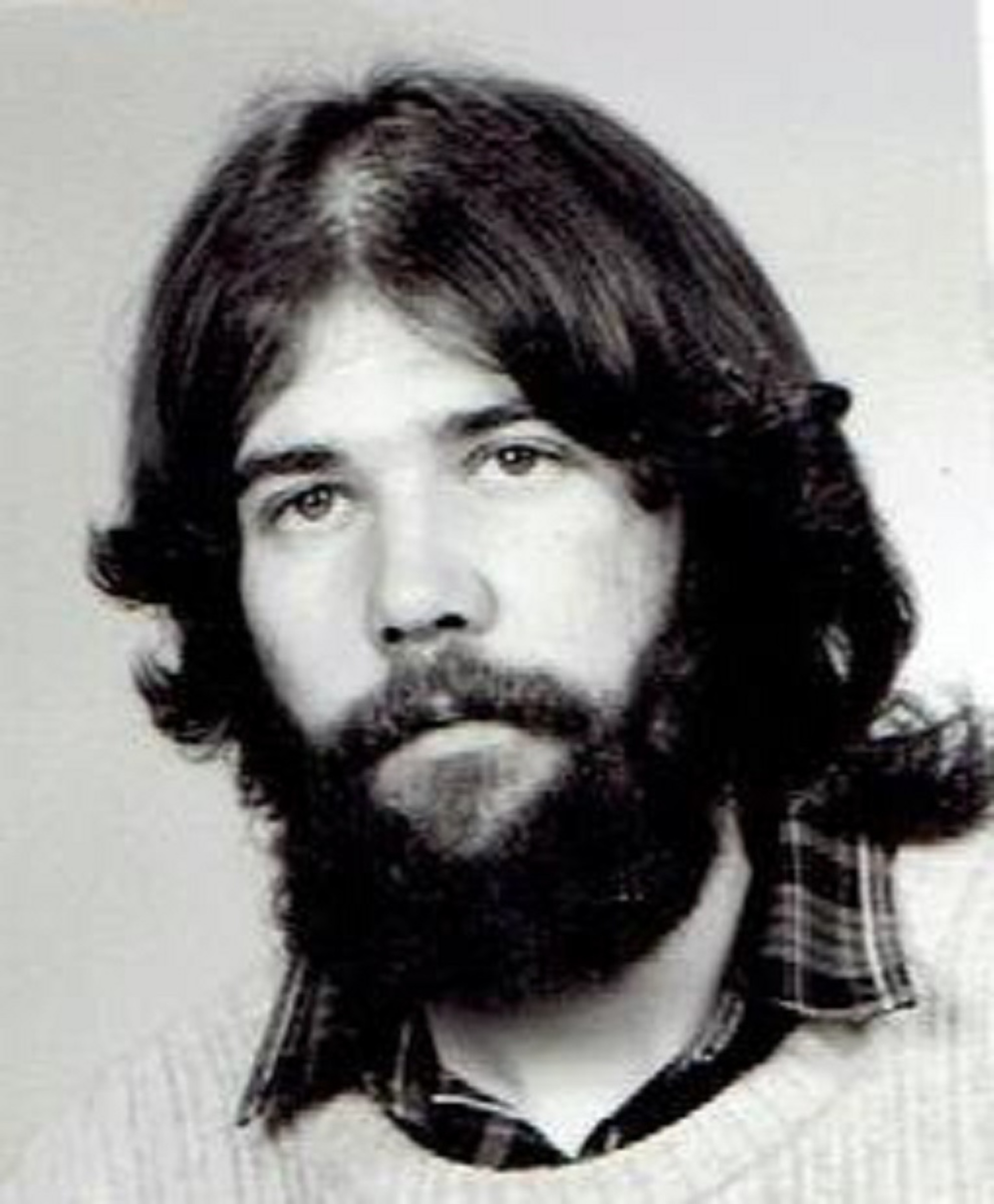A young butcher in dissent

Stáhnout obrázek
Radomír Daněk was born on 6 October, 1965 in Šumperk. At the end of 1980s he distributed samizdat a petitions amongst his Šumperk friends. He became an activist of the Friends of the USA Association (SPUSA) and signed a petition Several Sentences. He also visited biblical lessons in Hrabová and Hostice, which were carried out by persecuted priests, Jiří Veber and Emil Jan Havlíček. In November 1989 he co-organised demonstrations against the communist regime in Šumperk. After the fall of communism he changed several jobs and worked in Italy, Germany and Bulgaria. Then he moved to Rejchartice to take care of his sick father. He stayed in the village and lives there together with his wife Veronika and their four children. He started working on a farm privately and nowadays maintains a large herd of cattle and fifty hectares of pastures. In 2017 he was awarded as a member of the resistance and anti-communism movement.


















